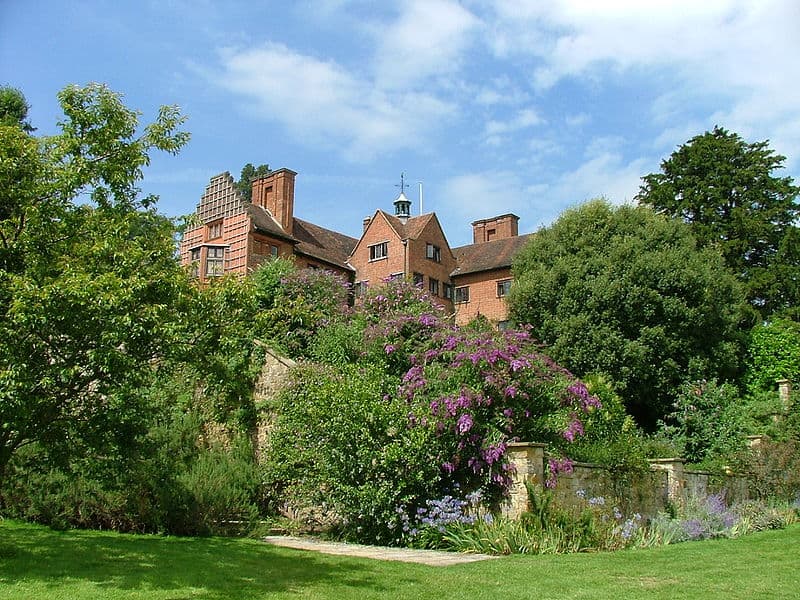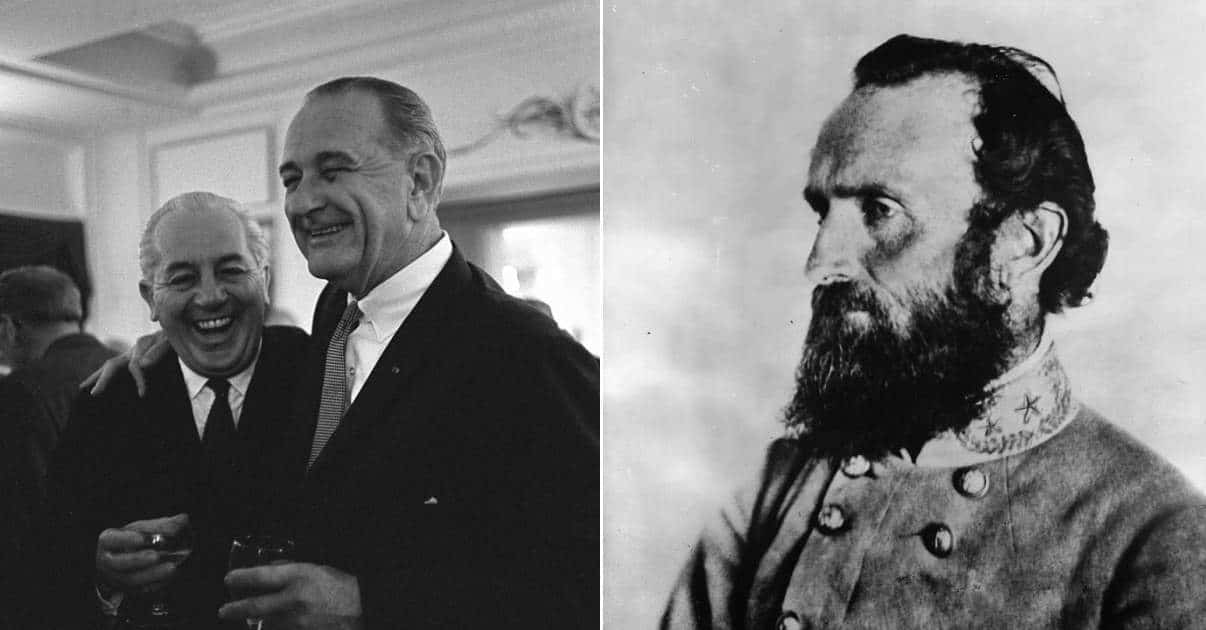Too often historical figures are regarded solely for what they contributed to history, and their humanity is lost. Everyone regarded as an historical figure today was once a person going through their daily existence, thinking about their work, their dinner, their friends. Connecting with the human side of events of the past and the people who shaped them is ignored in most of the history taught in school. For example, all of the American presidents had pets, some of them a virtual menagerie, until the inauguration of 2017. But he still has time to change that.
Nearly every American knows about the problems George Washington had with his teeth, far fewer are aware that he loved dancing. While living in Paris, Jefferson fell in love with many foods unavailable in North America and brought several of them back with him, including macaroni and cheese. Napoleon loved licorice and carried it on his person at all times, a trait he shared with Alexander the Great and Julius Caesar. Winston Churchill liked to relax by laying brick, and became so adept at it that he was awarded a Bricklayer’s Apprentice Card by the Amalgamated Union of Building Trade Workers.

Knowing the personal facts of historical figures can change the way they are regarded and bring them closer to being perceived as living beings, an important aspect of the knowledge of history. Here are some historical figures in a perspective you may not know.

Winston Churchill
Churchill’s taste for alcohol is widely known and frequently cited by historians both in his defense and to make him appear poorly. His appetite for cigars is equally well known. But there are many other aspects of his personality that are not. His hobbies and appetites changed over the course of his long life, and some of those in which he had indulged in his youth were forced to yield to others less demanding on the body. Throughout his life he was a voracious reader, and this led to him becoming a prolific writer of history.
As noted above, Churchill enjoyed laying brick, and when he expanded the family residence at Chartwell in 1922 he expanded the house and added many new outbuildings, laying much of the brick himself. He also built an extensive garden wall from brick. The gardens themselves were landscaped to his own design, and much of the work to complete them was done by Churchill, aided by gardeners under his supervision. Several of the gardens which surround the home (which is today open to the public) were planted by Churchill, a practice he found relaxing and a distraction from political affairs.
Churchill also designed and enlarged the lake on the property, having an island built within, reachable by a walking bridge, and stocked the lake. He added waterfalls to enjoy the sound of the flowing water, and built several goldfish ponds around the property. He read about and was intrigued with the idea of a heated swimming pool, an almost unheard of idea in England, and as a longtime lover of swimming he had one installed at Chartwell.
Churchill had served in the cavalry as a young man, engendering in him a love of horses which he would retain for the rest of his life. Chartwell was provided with several for his riding pleasure and for polo, a sport in which he participated avidly until he was nearly sixty years old. Horses weren’t the only animals with which he shared his home. Both dogs and cats had free rein inside and outside of the estate. Churchill usually slept with at least one cat in attendance and visitors to Chartwell and later 10 Downing Street noted his fondness for cats, dogs, and birds.
When he was in his late thirties Churchill attempted to learn to fly, but after suffering some relatively minor injuries in an accident he was dissuaded from future attempts by his wife. Painting became a passion as he entered his forties, and in painting he even managed to find some escape from the pressures of 1940, when England stood alone against the Germans. There was a great deal more to Winston Churchill than fiery speeches, brandy and cigars, and the famous V for Victory salute.

